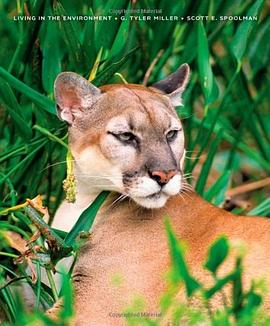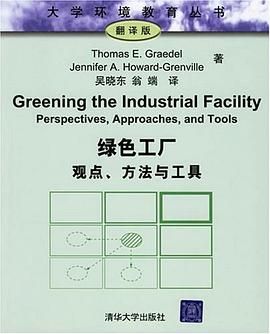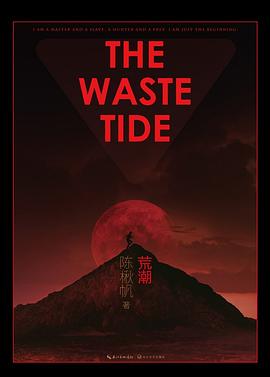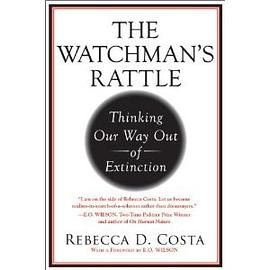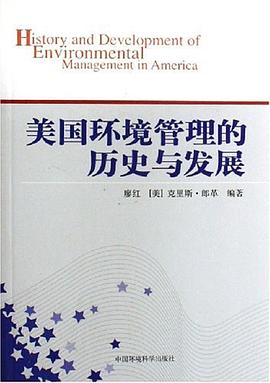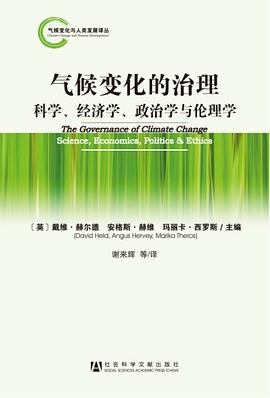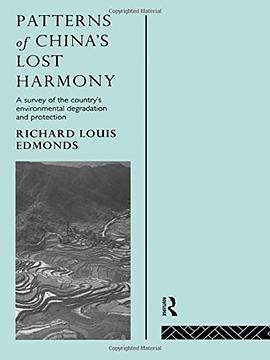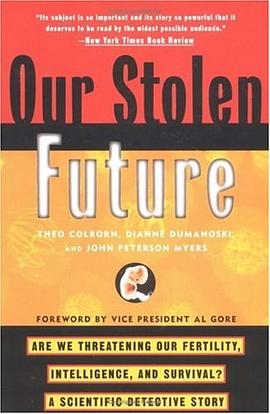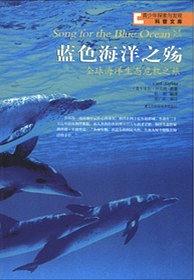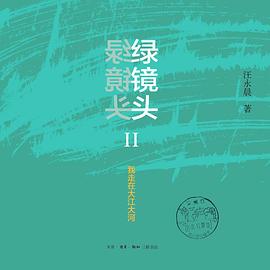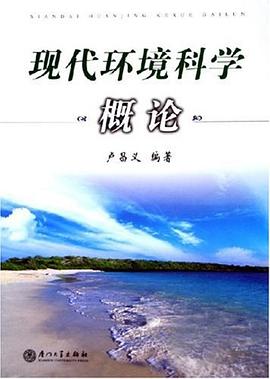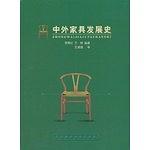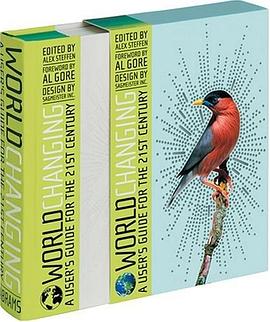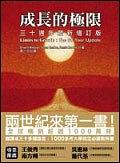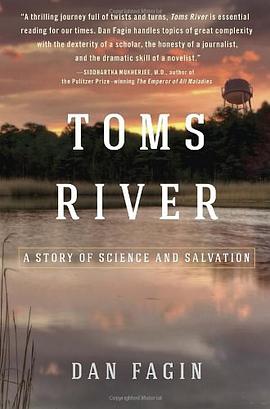

具体描述
The riveting true story of a small town ravaged by industrial pollution, Toms River melds hard-hitting investigative reporting, a fascinating scientific detective story, and an unforgettable cast of characters into a sweeping narrative in the tradition of A Civil Action, The Emperor of All Maladies, and The Immortal Life of Henrietta Lacks.
One of New Jersey’s seemingly innumerable quiet seaside towns, Toms River became the unlikely setting for a decades-long drama that culminated in 2001 with one of the largest legal settlements in the annals of toxic dumping. A town that would rather have been known for its Little League World Series champions ended up making history for an entirely different reason: a notorious cluster of childhood cancers scientifically linked to local air and water pollution. For years, large chemical companies had been using Toms River as their private dumping ground, burying tens of thousands of leaky drums in open pits and discharging billions of gallons of acid-laced wastewater into the town’s namesake river.
In an astonishing feat of investigative reporting, prize-winning journalist Dan Fagin recounts the sixty-year saga of rampant pollution and inadequate oversight that made Toms River a cautionary example for fast-growing industrial towns from South Jersey to South China. He tells the stories of the pioneering scientists and physicians who first identified pollutants as a cause of cancer, and brings to life the everyday heroes in Toms River who struggled for justice: a young boy whose cherubic smile belied the fast-growing tumors that had decimated his body from birth; a nurse who fought to bring the alarming incidence of childhood cancers to the attention of authorities who didn’t want to listen; and a mother whose love for her stricken child transformed her into a tenacious advocate for change.
A gripping human drama rooted in a centuries-old scientific quest, Toms River is a tale of dumpers at midnight and deceptions in broad daylight, of corporate avarice and government neglect, and of a few brave individuals who refused to keep silent until the truth was exposed.
作者简介
Dan Fagin is an associate professor of journalism and the director of the Science, Health, and Environmental Reporting Program at New York University’s Arthur L. Carter Journalism Institute. For fifteen years, he was the environmental writer at Newsday, where he was twice a principal member of reporting teams that were finalists for the Pulitzer Prize. His articles on cancer epidemiology were recognized with the Science Journalism Award of the American Association for the Advancement of Science and the Science in Society Award of the National Association of Science Writers.
目录信息
读后感
代价 ——《汤姆斯河:一个美国癌症村的故事》书评 文/青禾 作为2014年普利策奖最佳非虚构图书,《汤姆斯河:一个美国癌症村的故事》读起来是沉重的。这是一本从学者的角度,历时七年,以审慎的态度和严谨的调查而写成的纪实作品。翻开这本书,不自觉地把它与柴静联系到一起,...
评分 评分代价 ——《汤姆斯河:一个美国癌症村的故事》书评 文/青禾 作为2014年普利策奖最佳非虚构图书,《汤姆斯河:一个美国癌症村的故事》读起来是沉重的。这是一本从学者的角度,历时七年,以审慎的态度和严谨的调查而写成的纪实作品。翻开这本书,不自觉地把它与柴静联系到一起,...
评分汤姆斯河》是纽约大学新闻系的副教授丹•费金的作品,在2014年同时获得了两项顶级荣誉——“非虚构类普利策奖”和 “蕾切尔•卡森奖”。 该书详细梳理了美国历史上最大的环保诉讼案之一——汤姆斯河镇事件,深入剖析了企业、个人、政府等各个利益相关方在这个过程中各自扮...
评分孩子是每一个家里的幸福,他们本应该有着无比快乐的童年,本应该有着无忧无虑的笑容。可是出生在汤姆斯河的他们却是无比可怜,身患癌症,受着病痛的折磨,每一个家庭也随着他们的不幸而痛苦。 《汤姆斯河》属于纪实类文学,讲述着一个真实的记录,本书一一揭开他们的面容。为...
用户评价
PHC6001 经济发展和环境污染 无法避免的世纪难题 也算是从一个新的角度看到了流行病学的作用吧
评分好長的一條路,對很多地方來講,遠未見盡頭。
评分PHC6001 经济发展和环境污染 无法避免的世纪难题 也算是从一个新的角度看到了流行病学的作用吧
评分搞科研,很多时候都拿统计学意义没办法。。谁TM定的这个标准。。
评分好長的一條路,對很多地方來講,遠未見盡頭。
相关图书
本站所有内容均为互联网搜索引擎提供的公开搜索信息,本站不存储任何数据与内容,任何内容与数据均与本站无关,如有需要请联系相关搜索引擎包括但不限于百度,google,bing,sogou 等
© 2025 book.quotespace.org All Rights Reserved. 小美书屋 版权所有

